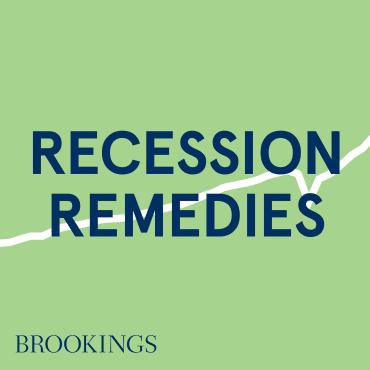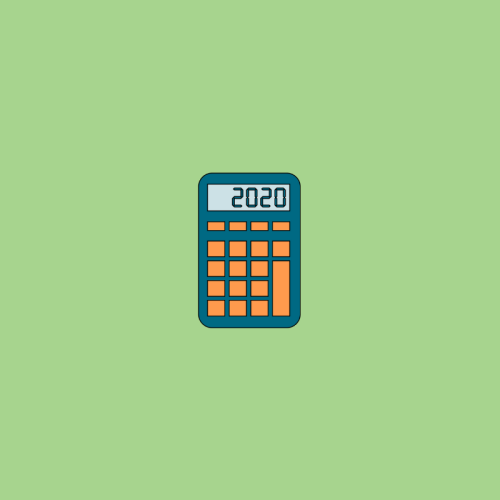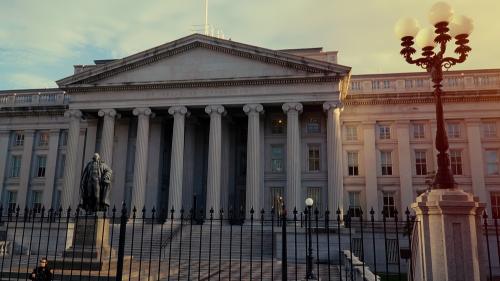Editor’s Note: Dr. Feiveson’s audio comes from an interview recorded in April 2022.
Data collection has exploded over the last decade. These new sources of nontraditional data—for example, credit card transactions and restaurant reservations—can help to fill gaps in traditional datasets by offering policymakers more timely or granular information. How were nontraditional data used during COVID-19? What are the benefits and potential pitfalls of using it in future crises? On this episode of Recession Remedies, hear from Laura J. Feiveson, chief of the Household and Business Spending Section in the Board of Governors of the Federal Reserve System’s Division of Research and Statistics.
Recession Remedies podcast is part of the Brookings Podcast Network. Subscribe and listen on Apple, Spotify, Google, or wherever you listen to podcasts. Send feedback email to [email protected], and follow and tweet at @policypodcasts on Twitter.
The Brookings Institution is committed to quality, independence, and impact.
We are supported by a diverse array of funders. In line with our values and policies, each Brookings publication represents the sole views of its author(s).










Commentary
PodcastHow did COVID-19 demonstrate the value of nontraditional data?
July 12, 2022
Listen on
Recession Remedies Podcast